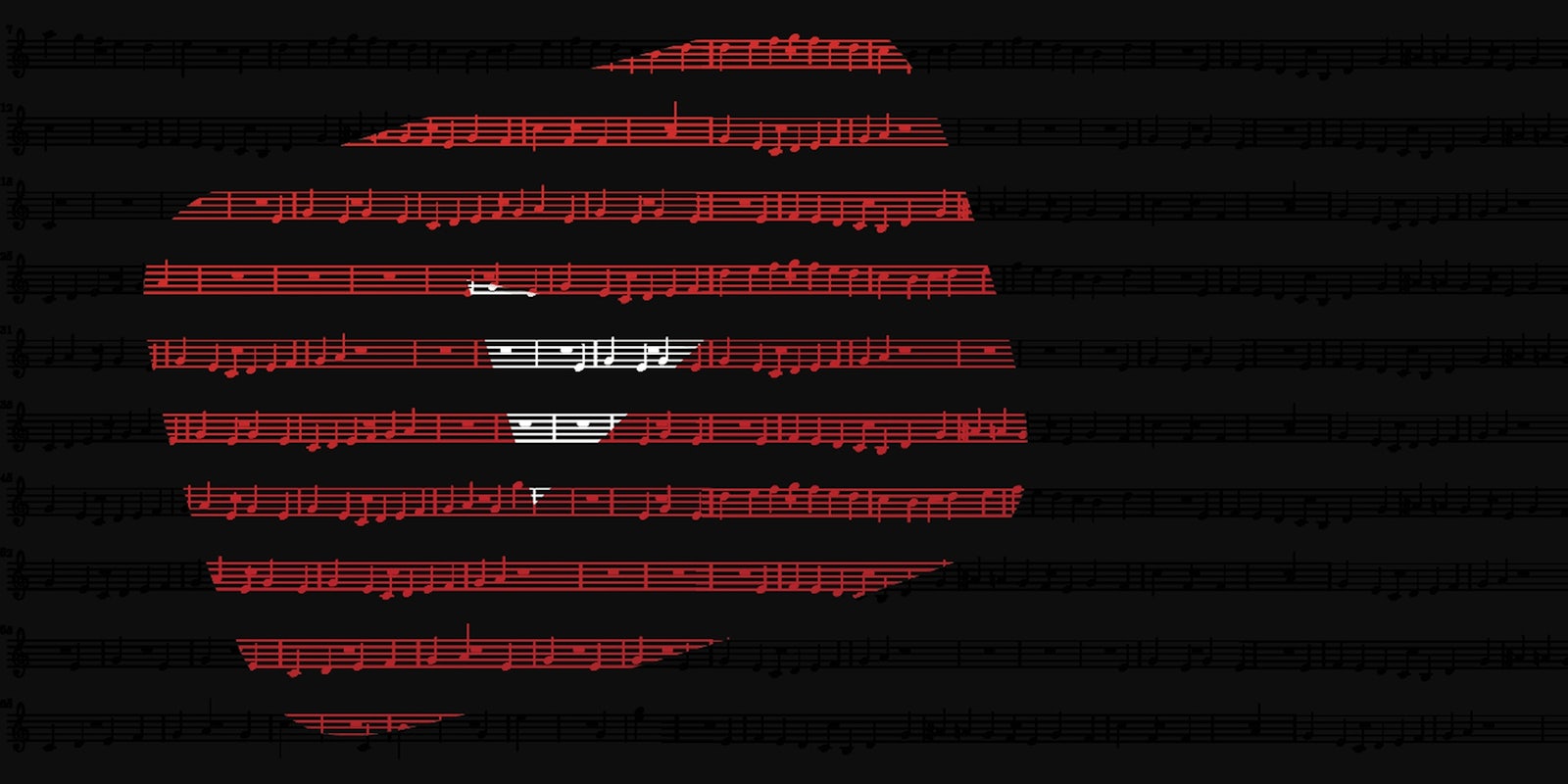With streaming revenues rising 45.2 percent in music industry revenue for 2016, labels are taking issue with how much YouTube is paying for their content. In the U.S., the 1998 Digital Millennium Copyright Act is a big part of the problem, labels say.
Last year digital became the primary revenue stream for music, but the IFPI, the global trade group for record labels, complains that there’s a “value gap” in compensation for labels and creators.
“This should be great news for music creators, investors and consumers,” wrote IFPI Chief Executive Frances Moore in a statement. “But there is good reason why the celebrations are muted: it is simply that the revenues, vital in funding future investment, are not being fairly returned to rights holders.”
In the U.S., the Recording Industry of America is taking issue with the DMCA and the limitations it puts on labels to receive revenue from streams, especially in comparison to other streaming outlets. In an interview with Re/code, RIAA CEO Cary Sherman said that in addition to piracy, under-monetization thanks to DMCA limitations is the biggest problem with YouTube. He said the deals in place with streaming services like Spotify—where the RIAA is able to freely negotiate without the DMCA—eclipsed the value of negotiations under the DMCA “safe harbor” provisions, which protects services like YouTube from liability if they unknowingly house user-uploaded infringing content.
The biggest change the RIAA wants to see is “notice and stay down, instead of notice and take down.”
“There are 100 copies of a song,” explained Sherman. “We can’t just say to YouTube ‘we didn’t license this Pharrell song, take it down.’ They will not just take down all 100 copies. They’ll take down only the one file that we’ve identified. We have to find every one of them, and notice them, and then they’re taken down, and then immediately put right back up. You can never get all the songs off the system.”
All three big labels—Universal Music Group, Sony, and Warner Music Group—are up for contract renegotiations with YouTube, but Sherman said that those negotiations are “not real,” citing when Warner tried to pull out of the system, spent a year fighting copyright claims while getting no income from violators on YouTube, and eventually folded and accepted licensing terms. Sherman accused YouTube of taking the safe harbor benefits intended for “passive, neutral intermediaries” that don’t make money off content on their platform like YouTube does.
That money trickles down to the other side of the DMCA issue that hits YouTube-based creators, who say they are getting hit with copyright claims that are violations of fair use and severely impacting their ability to generate ad-supported income. What Sherman and the RIAA are suggesting would clearly make it more difficult for creators to fight for their protections, leaving YouTube stuck between the two sides of the content issue. Last month Google released a statement in response to the RIAA criticism:
To date, Google has paid out over $3 billion to the music industry—and that number is growing year on year. This revenue is generated despite the fact that YouTube goes way beyond music to include popular categories such as news, gaming, how-to, sports and entertainment. And with the recent launch of the YouTube Music app, we recently launched a new, dedicated music experience with the goal to deliver even more revenue to both artists and the music industry more broadly. Past comparisons to other audio-only, subscription music services are apples to oranges.
For Sherman, the fight is about making streaming not just work for the Katy Perrys, who’ve lobbied on the industry’s behalf, but for all musicians.
“The reality is that the industry is more stratified than ever,” he said. “There are some people who have done really well. But it’s harder and harder for more musicians to make a living. Because the revenue that they’re getting from streaming isn’t keeping pace with the revenue that they used to be able to earn. We’re trying to get to a point where the streaming ecosystem works for everybody.”
H/T Re/code


